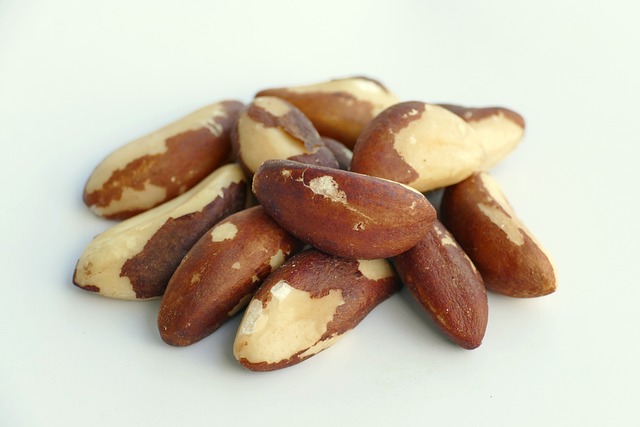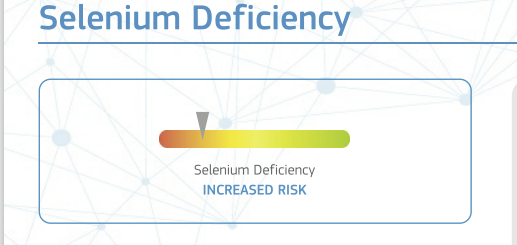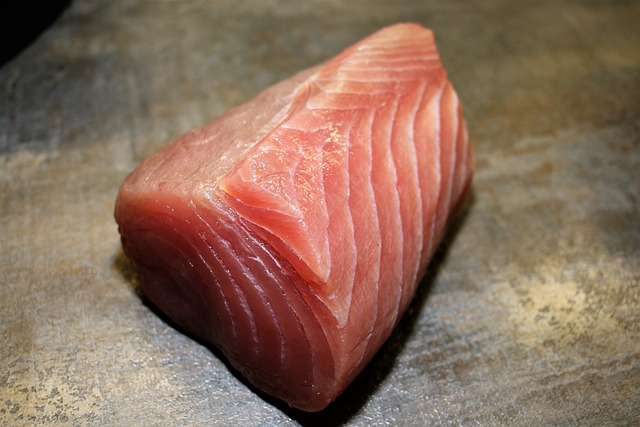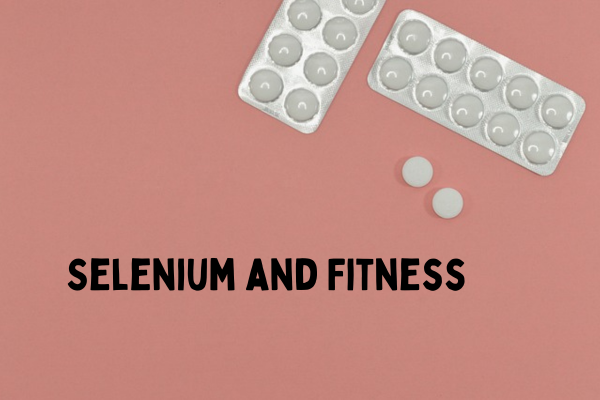Selenium and Fitness
What is Selenium and Should You Take it?
My interest in Selenium and fitness received a sudden boost.
The trigger was a personalised DNA report. It showed (among many other levels) that my genotype requires extra Selenium – and that my health may be at risk if I’m deficient.
I’d heard of it, though had no in-depth knowledge of this important micronutrient.
After diving into clinical research papers, and meta-analysis provided by reputable sources, here is what I found:
What is Selenium and Why Do We Need it?
Selenium is a micronutrient.
This means you only need a little to have a big effect on your health and metabolism. It comes from soil, and is present in plants, nuts, and animal protein.
Once consumed, Selenium combines with other substances to form ‘selenoproteins,’ more than two dozen are known. They perform vital health and fitness functions including working as antioxidants, boosting thyroid function, and protecting you from infection.
Before you rush out and buy Selenium supplements, most people get plenty enough from their food.
The amount in plants will vary in line with how much naturally occurs in the soil.

Which Foods Contain the Most Selenium?
Topping the list by a wide-margin for foods containing Selenium are Brazil Nuts.
Just a small handful of Brazil Nuts contains more than the recommended daily allowance. These nuts are so Selenium-rich, that you can easily overdo it, especially if you eat Brazil Nuts every day.
Fish, including tuna, halibut, and sardines (a personal favourite) are Selenium-rich too. Add meat – especially organ meats – chicken and brown rice to this list. Eggs and whole grains contain lower, though still significant amounts.
Unless you live in a region with lower levels in the soil, a varied diet will supply all your daily needs.
How Much Selenium is Optimal?
As a micronutrient, you only need tiny doses to maintain the benefits.
Recommended intake varies with age, health status, pregnancy, lactation, and (as I found out today!) with genetics. Make sure you speak with a health professional before adjusting your Selenium intake.
55 micrograms per day are recommended for adults (US figures) with a maximum of 400 micrograms to stay within safe levels.

What are the Risks of Selenium Deficiency?
Low Selenium levels have risks for multiple chronic diseases. Note that the science currently covers associations between deficiency and health outcomes. Make sure you do your own research on any specifics – as cause and effect are difficult to separate from other nutrients / health factors.
- Oxidative Stress: Selenium is a powerful antioxidant, mopping up peroxide molecules in our cells. This is a protective role in DNA repair. An association with lower cancer risk has been hypothesised, though has yet to be proven.
- Cardiovascular Disease: Another area of debate, though inflammation reduction is thought to decrease platelet formation and thus lower incidence of heart disease. More research is needed in this area.
- Thyroid Health: Concentrations of Selenium are highest in the Thyroid, where it has multiple functions. Again, evidence for clinically significant effects is the topic of debate between the scientists.
Downsides of Selenium: Are There Any Risks?
Too much Selenium is defined as more than 400 micrograms daily.
This would be easy to do, for example if you enjoy those delicious chocolate covered Brazil Nuts a little too often.
The most common effects of taking too much are a bad (metallic) taste in the mouth and associated bad breath. It is possible to experience nausea, diarrhoea, and skin rashes too.
There are some more severe side-effects of acute toxicity which include both gastrological and neurological symptoms.

Wrapping Up: Skip the Supplements, Enjoy Selenium Filled Foods
Almost everyone gets enough Selenium naturally, though a balanced, healthy diet.
As long as you eat greens, eggs, whole grains, dairy, meat and fish – then you really have no need to get a Selenium supplement.
More Popular Fitness and Nutrition Posts:
